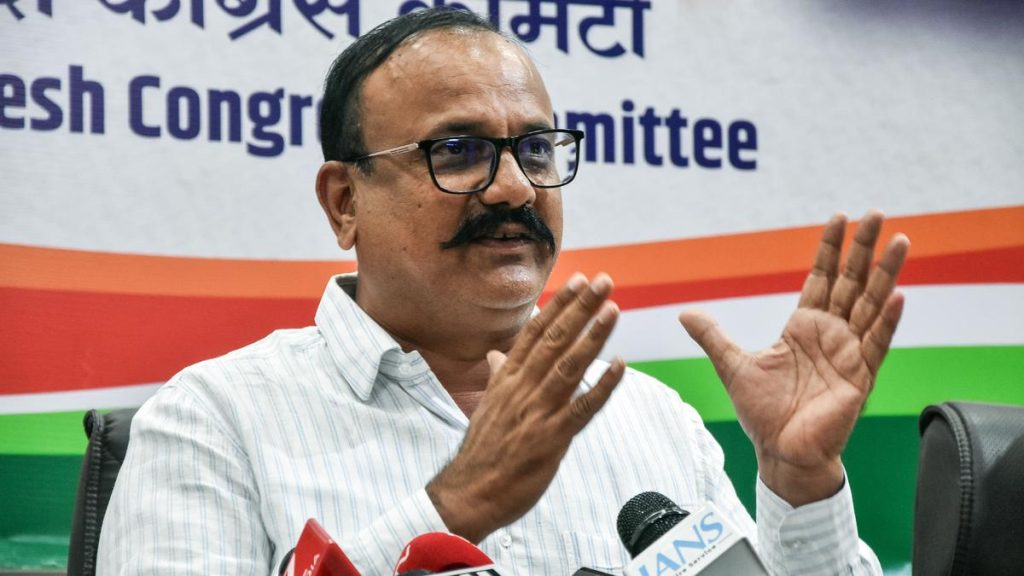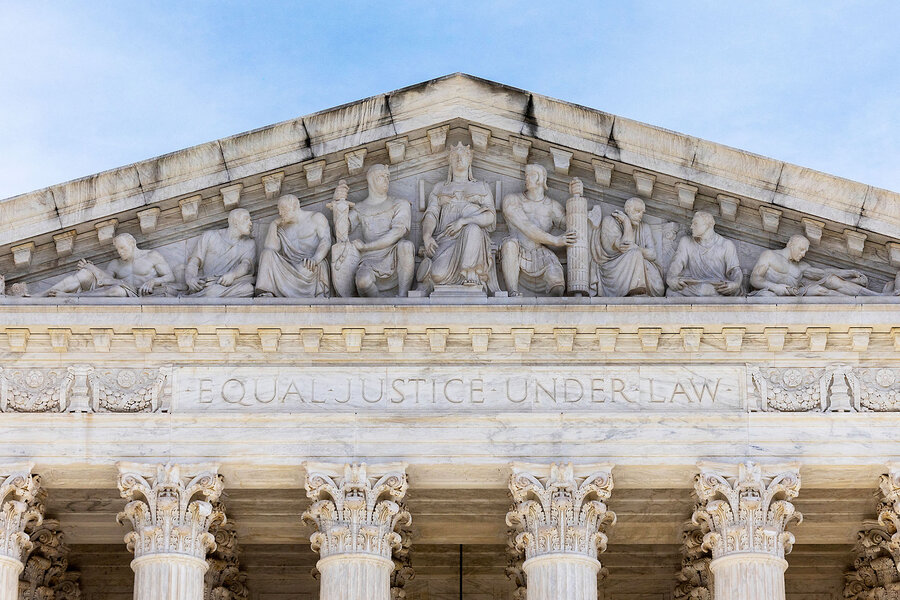Now Reading: Alabama County Battles New Environmental Crisis After Civil Rights Legacy
-
01
Alabama County Battles New Environmental Crisis After Civil Rights Legacy
Alabama County Battles New Environmental Crisis After Civil Rights Legacy

Speedy Summary
- In mid-April, the U.S. Department of Justice (DOJ) revoked a settlement addressing wastewater issues in Lowndes County, Alabama, which had connections to environmental justice and civil rights.
- Lowndes County has historical significance in the Civil Rights Movement and was once infamous for racial violence against African Americans.
- The DOJ previously investigated Alabama’s public health departments under Title VI of the Civil Rights Act (1964),citing inadequate sewage management as a public health risk.
- A peer-reviewed study revealed high rates of hookworm infection tied to extreme poverty in Lowndes County; 34% tested positive for traces of hookworm.
- Environmental justice cases like Flint,Michigan,Jackson,Mississippi,and Denmark,South Carolina have highlighted systemic racism’s role in water crises.
- Advocates argue that reversing settlements underscores governmental neglect fueled by political resistance to diversity equity inclusion (DEI)-focused initiatives.
- Dr. Bruce Strouble connects modern environmental issues with past civil rights struggles: “This isn’t a policy shift; it’s state-sanctioned neglect.” He asserts the rollback betrays human dignity and environmental progress.
Nia Augustine works at a water distribution center in Flint, Michigan-a city long afflicted by water quality issues.
Indian Opinion Analysis
The rollback of federal measures aimed at addressing wastewater concerns carries potential implications for global environmental justice efforts-including initiatives relevant to developing countries such as India where equitable access to resources remains challenging. This case highlights interconnected systemic vulnerabilities: historical injustices can perpetuate socio-environmental inequities when governance prioritizes political motives over fundamental rights.
for India-which faces hurdles similar to those described here like clean drinking water access-this issue serves as an important cautionary example about balancing infrastructure advancement with human-centric policies rooted in dignity and equality. While solutions necessitate collaborative participation between governments and communities globally grounded focus overrides divisive retrogressive stances risking deeper unresolved societal harms from ecological consequences


























